
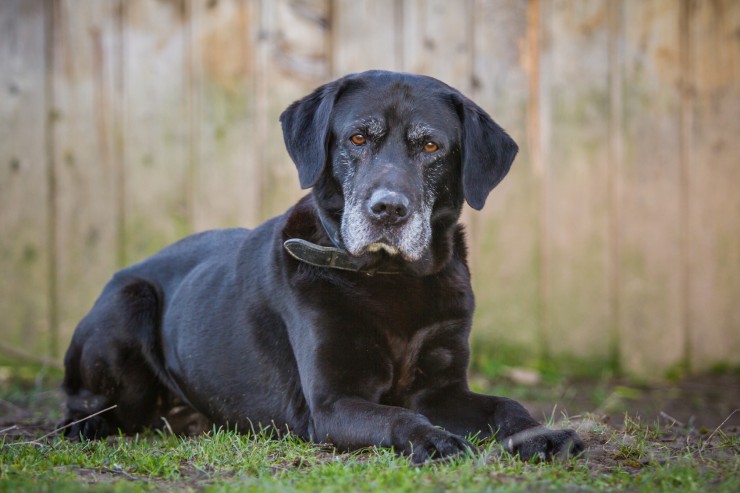
As your dog reaches maturity and eventually, old age, they are exponentially more likely to fall prone to various health problems and age-related degenerations, both mental and physical, which are all part of the body’s natural, gradual slow down towards the end of their lives.
One issue that owners of elderly dogs often face is the development of lumps and bumps on the skin of their dogs, which may be tumours, which are in turn more likely to occur on elderly dogs than their younger counterparts. However, tumours on the elderly dog are not necessarily likely to be malignant, and even if they are, some tumours grow so slowly that it is entirely possible that your dog will reach the end of their natural life long before the growth begins to become a problem or affect their quality of life.
If your dog is heading towards old age and you have concerns about tumours and what these mean for your dog, read on to find out more about age-related tumours and the dog.
Lumps, bumps and various other anomalies just under the skin are not uncommon in dogs, as we have covered in this prior article. By no means all suspicious lumps will turn out to be cancerous, but older dogs are exponentially more likely to develop tumours than they would have been when they were younger, and cancer is not only one of the leading causes of death in old age, but also often an additional complication of aging, even when it does not prove fatal.
It is important to bear in mind, however, that it is just as likely that the mystery lump you find on your dog may be a simple cyst, lipoma, or something else minor, and not necessarily indicative of a malignant tumour.
As your dog reaches old age, you will probably notice a range of gradual changes in them, including things like stiffness in the mornings, not being able to walk as far as usual, mental changes, and a greater propensity to picking up minor ills or showing other health problems. Also, when we refer to “tumours,” this is not simply one condition or problem, but is a catch-all title that can refer to a whole glut of different things, from malignant cancers of various different forms to benign tumours that will not do your dog any harm.
One of the most common types of tumours that can be found on the aging dog are mast cell tumours, and these, like other forms of tumours, can be either benign or malignant, and the only way to find out for sure is to get your vet to run some tests to find out.
If you do find a lump, bump or other anomaly on your dog, you should get this checked out by the vet ASAP, and until you know for sure what you are dealing with, you will not be able to make an informed decision on how to proceed.
First of all your vet will be able to tell you what the lump or problem is, and if it is a tumour, if it is malignant or benign. If the tumour is benign, often the best course of action for the elderly dog is simply to leave it alone, unless it is obstructing their vision or movement or otherwise causing a problem. However, if the tumour is found to be malignant, deciding what to do about it can be more complicated.
First of all, surgery and other potential methods of treatment can be more challenging on the older dog than younger ones, as they will be less tolerant of surgery and anaesthesia, and will often take longer to recover than a younger dog, which can affect their quality of life in the meantime.
The age and general condition of your dog should also be taken into account; if your dog is otherwise very healthy and in excellent condition for their age, surgery to remove a malignant tumour can mean a full recovery and many more years of healthy life.
However, if your dog is already fairly delicate in terms of their health and is not realistically expected to live for many more months or years, surgery may cause additional stress to the dog, while only giving them a very short term reprieve, which may also include a fairly long period of recovery, and this course of action may be deemed inappropriate when you consider your dog’s potential lifespan and their quality of life in the meantime.
All of these hard decisions are things that you should decide upon in conjunction with your vet, when you have all of the information available to you to help you to reach your decision.
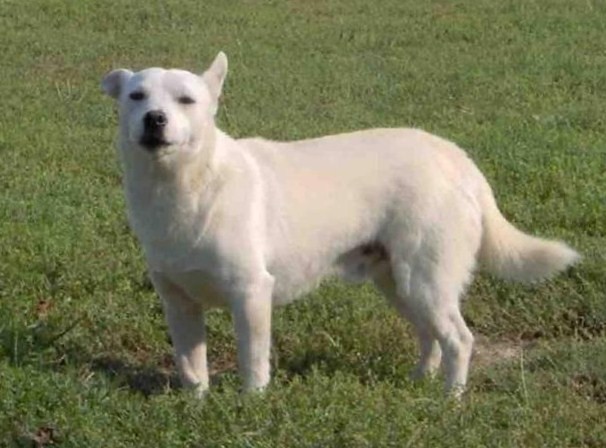 The Alopekis - A Charming Ancient Greek Dog
The Alopekis - A Charming Ancient Greek Dog
 Peach Faced Lovebird
Peach Faced Lovebird
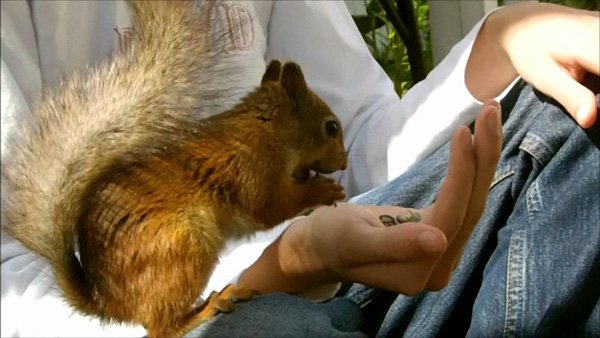 Chicken Runs Provide both Activity and Protection to Your Feathered Pet
Chicken Runs Provide both Activity and Protection to Your Feathered Pet
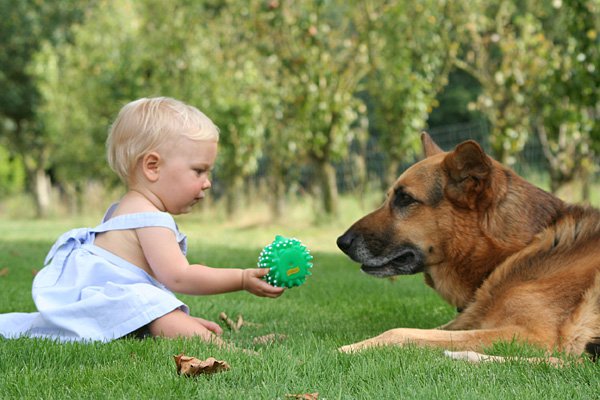 Use freeze dried bloodworm to feed the fishes
Use freeze dried bloodworm to feed the fishes
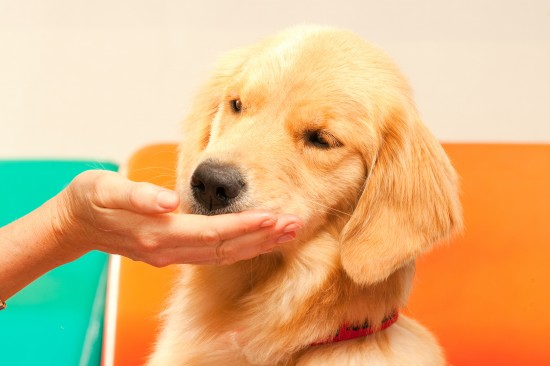 Ten Human Foods That Can Also Be Enjoyed By Dogs
Ten Human Foods That Can Also Be Enjoyed By Dogs
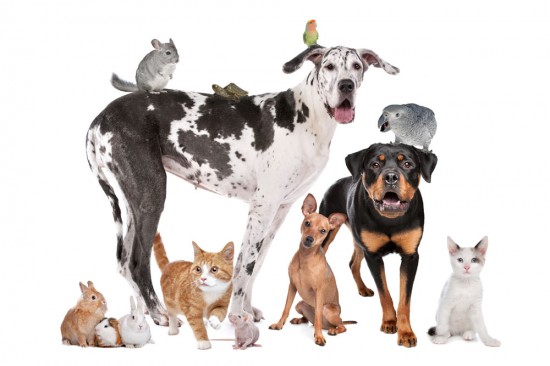 Picking The Right Pet For You - How Much Care Do Different Animals Need?
Picking The Right Pet For You - How Much Care Do Different Animals Need?
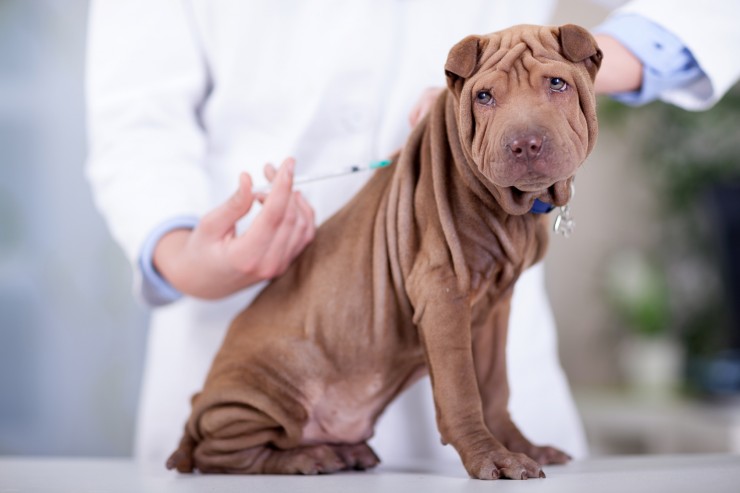 Five Common Questions From Dog Owners About Vaccinations And Boosters
Five Common Quest
Five Common Questions From Dog Owners About Vaccinations And Boosters
Five Common Quest
 Few reasons for why are your pets getting affected by Fleas and Ticks?
How did your dog get these fleas and ticks?
Generally your
Few reasons for why are your pets getting affected by Fleas and Ticks?
How did your dog get these fleas and ticks?
Generally your
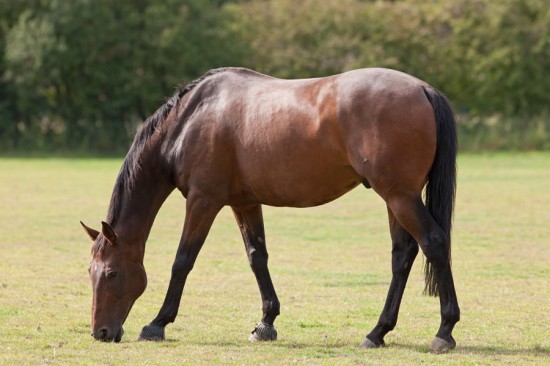 Common Diseases And Ailments Of Horses And Ponies
Common Diseases A
Common Diseases And Ailments Of Horses And Ponies
Common Diseases A
 Guinea Pigs For Beginners
Guinea Pigs For B
Guinea Pigs For Beginners
Guinea Pigs For B
 Cat Allergies
This article is predominantly going to cover the problem
Cat Allergies
This article is predominantly going to cover the problem
Copyright © 2005-2016 Pet Information All Rights Reserved
Contact us: www162date@outlook.com